‘It’s perverse to claim ‘white privilege’ discourse is holding back working class boys’
Your digest of analysis and commentary from the British and international press
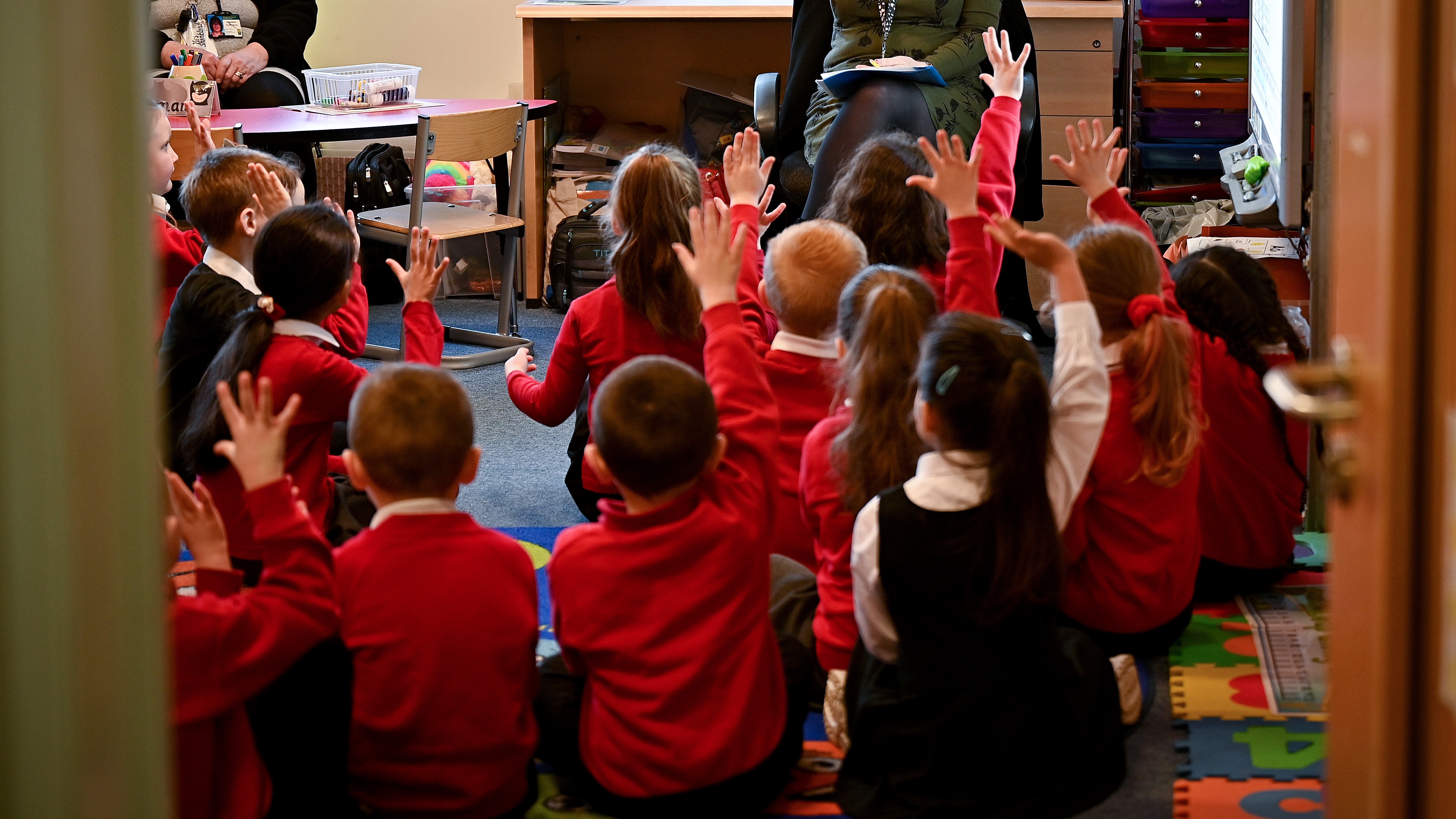
- 1. Working-class white children are struggling – but it’s nothing to do with ‘white privilege’
- 2. Five years on from the Brexit referendum, the result is clear: both unions are losing
- 3. There is no point to the Liberal Democrats
- 4. Remainers who dismiss our new trade agreements as worthless don’t understand how trade works
- 5. Sports used to lead social progress. Carl Nassib shows it’s now the other way around
A free daily email with the biggest news stories of the day – and the best features from TheWeek.com
You are now subscribed
Your newsletter sign-up was successful
1. Working-class white children are struggling – but it’s nothing to do with ‘white privilege’
James Bloodsworth on CapX
on an educational straw man
“I grew up in something approximating a ‘white working-class’ home”, writes James Bloodsworth on CapX. “We just saw ourselves as ‘normal’, though we were keenly aware of the financial distinctions which placed some of our middle class neighbours slightly above us.” Despite having not “quite joined the middle class”, Bloodsworth says he has “done better than would normally be expected of someone from my background”. But in order to get there, he “had to first penetrate a thousand subtle and not so subtle class barriers”. The publication of a Commons Education Select Committee report yesterday has seen “the voguish term” white privilege blamed for why white working-class children are “falling behind”. But “it’s perverse to claim that ‘white privilege’ discourse is holding back working-class boys” as “white working-class children have been falling behind for years”. “Attempts to blame ‘white privilege’ discourse for the struggles of working-class kids are a flagrant attempt to stoke the flames of the culture war”, Bloodsworth adds. “It may generate headlines, but it will do little to help kids who grew up like I did.”
The Week
Escape your echo chamber. Get the facts behind the news, plus analysis from multiple perspectives.

Sign up for The Week's Free Newsletters
From our morning news briefing to a weekly Good News Newsletter, get the best of The Week delivered directly to your inbox.
From our morning news briefing to a weekly Good News Newsletter, get the best of The Week delivered directly to your inbox.
2. Five years on from the Brexit referendum, the result is clear: both unions are losing
Timothy Garton Ash in The Guardian
on collateral damage
“Five years after the fateful referendum on 23 June 2016, what is the current balance sheet of Brexit?” asks Timothy Garton Ash in The Guardian. “Answer: two weakened unions, the British and the European, and bad-tempered relations between them. Lose. Lose. Lose.” While “the weakening of the British union is obvious”, many of “the negative economic consequences of Brexit have been hidden by the impact of the pandemic”. Meanwhile, “it is less immediately obvious that the European Union has been weakened”, but “levels of Euroscepticism are alarmingly high in core member states”. “These views are not a result of Brexit”, Garton Ash says, but “they are a product of concerns similar to those that drove many Brits towards Brexit”. “In the long run, we must work towards a Britain where a clear majority sees the point of being in the EU”, he adds. “And an EU that is doing so well that even the sceptical, cussed English want to rejoin it.”
A free daily email with the biggest news stories of the day – and the best features from TheWeek.com
3. There is no point to the Liberal Democrats
Daniel Finkelstein in The Times
on powerless politics
“Last week the Liberal Democrats, against all the odds, achieved a stunning by-election victory in Chesham & Amersham”, writes Daniel Finkelstein in The Times. But while “the Conservative Party should take its defeat seriously… the Liberal Democrats should be altogether more sceptical of the significance of their victory”. “Their party was at a dead end the day before the by-election, and it was at a dead end the day after it, too,” he says. “Since its collapse at the 2015 general election it has been a waste of the copious amount of time and energy that so many intelligent, capable people have expended upon it.” The party’s problem, he adds, is that “they don’t stand for anything, they don’t stand for anybody, they can’t win and even if they could it would be utterly pointless”. “The party doesn’t know who it is for, preferring to be seen as the party of everybody while in reality being the party of almost nobody.” As it stands, “they are splitting the progressive vote and dissipating progressive energy”, he adds. “Perhaps that is none of my business, but nevertheless, and with genuine respect, I really think that they ought to stop.”
4. Remainers who dismiss our new trade agreements as worthless don’t understand how trade works
Andrew Lilico in The Telegraph
on economic illiteracy
“When negotiations with the EU over a post-Brexit free trade agreement became tense, the media filled with stories of how having no free trade agreement with the EU would create huge turmoil and sustained recession”, writes Andrew Lilico in The Telegraph. “Yet when the UK’s trade agreements with Japan or Australia were announced... we are told that such agreements are worth at best 0.01-0.1% of GDP.” Noting that “the EU is less than half our trade”, he continues that “the notion that a trade deal with the EU is worth 100 or 1,000 times as much as a deal with anyone or everyone else… sounds like it has to be wrong”, adding: “And that’s because it is.” As “most of our trade is not with the EU... most of the value trading provides to our economy is not with the EU”, meaning the trade deals being signed “are all very much worth having, and very valuable to our economy”. “Don’t let misleading partial economic analyses tell you otherwise.”
5. Sports used to lead social progress. Carl Nassib shows it’s now the other way around
Drew Goins in The Washington Post
on sexual diversity
“To listen to the video that Las Vegas Raiders defensive end Carl Nassib posted Monday night on his Instagram, you’d certainly think” sports was making progress on sexual diversity, writes Drew Goins in The Washington Post. “What’s up, people?”, he said in the video posted to social media, “I’m at my house here in West Chester, Pa. I just wanna take a quick moment to say that I’m gay”. However,“this gimme field goal of a coming out belies a wild fact: Nassib is the first active NFL player – ever – to come out as gay”. “If his historic announcement was casual, it’s not because football changed”, Goines says, “it’s because the world did”. “Once upon a time, sporting society helped lead the way in racial integration”, he adds. “Now, when it comes to sexuality, it’s the rest of society dragging sports along with it.”
-
 What are the best investments for beginners?
What are the best investments for beginners?The Explainer Stocks and ETFs and bonds, oh my
-
 What to know before filing your own taxes for the first time
What to know before filing your own taxes for the first timethe explainer Tackle this financial milestone with confidence
-
 The biggest box office flops of the 21st century
The biggest box office flops of the 21st centuryin depth Unnecessary remakes and turgid, expensive CGI-fests highlight this list of these most notorious box-office losers
-
 How an Alabama brawl became a watershed moment for race in America
How an Alabama brawl became a watershed moment for race in AmericaTalking Point "No people are obligated to endure violence without defending themselves or being defended"
-
 ‘Islas Malvinas’ and the new battle over the Falklands
‘Islas Malvinas’ and the new battle over the FalklandsTalking Point Argentina scores ‘major diplomatic win’ as EU refers to British territory by its disputed name
-
 Dutch king apologizes for country's role in slave trade
Dutch king apologizes for country's role in slave tradeSpeed Read
-
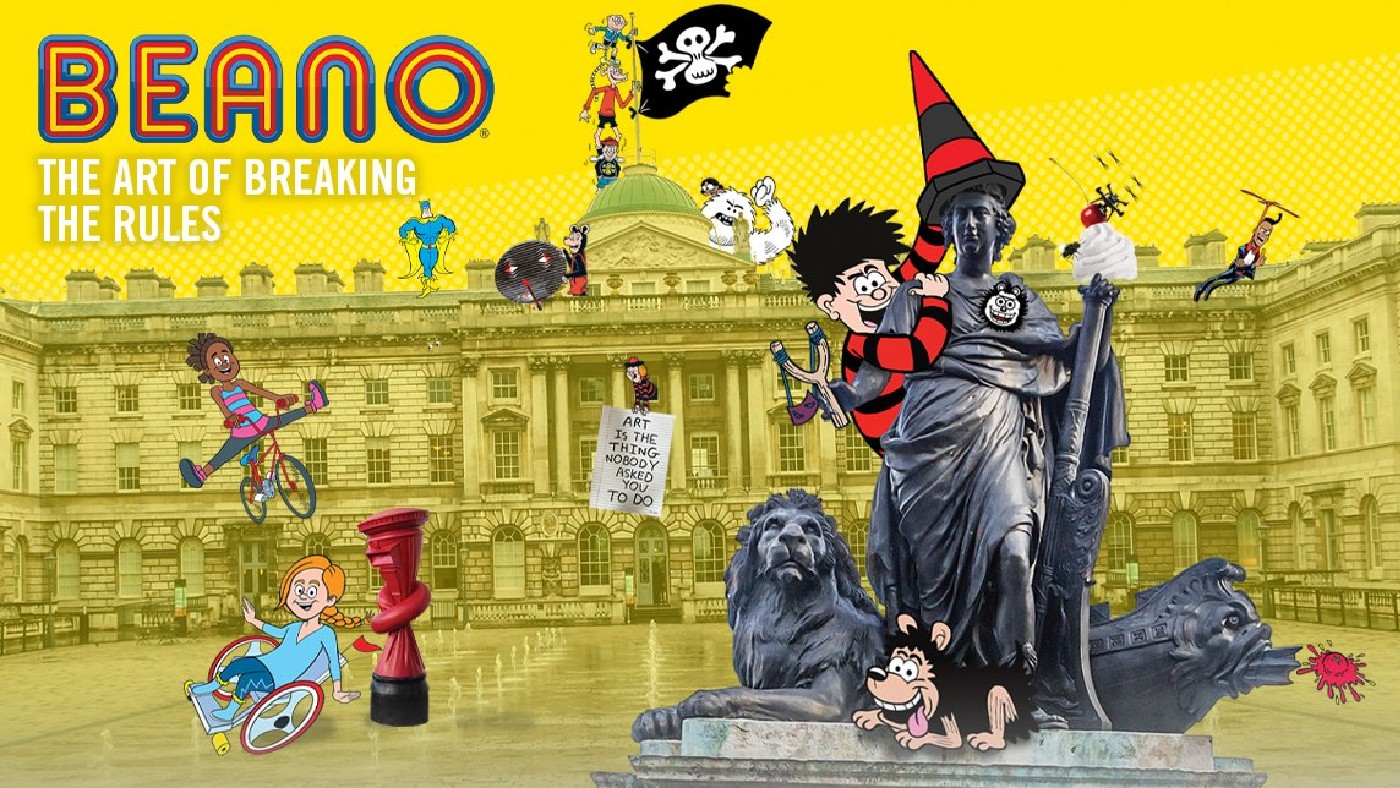 Beano comics sent to Australia
Beano comics sent to Australiafeature And other stories from the stranger side of life
-
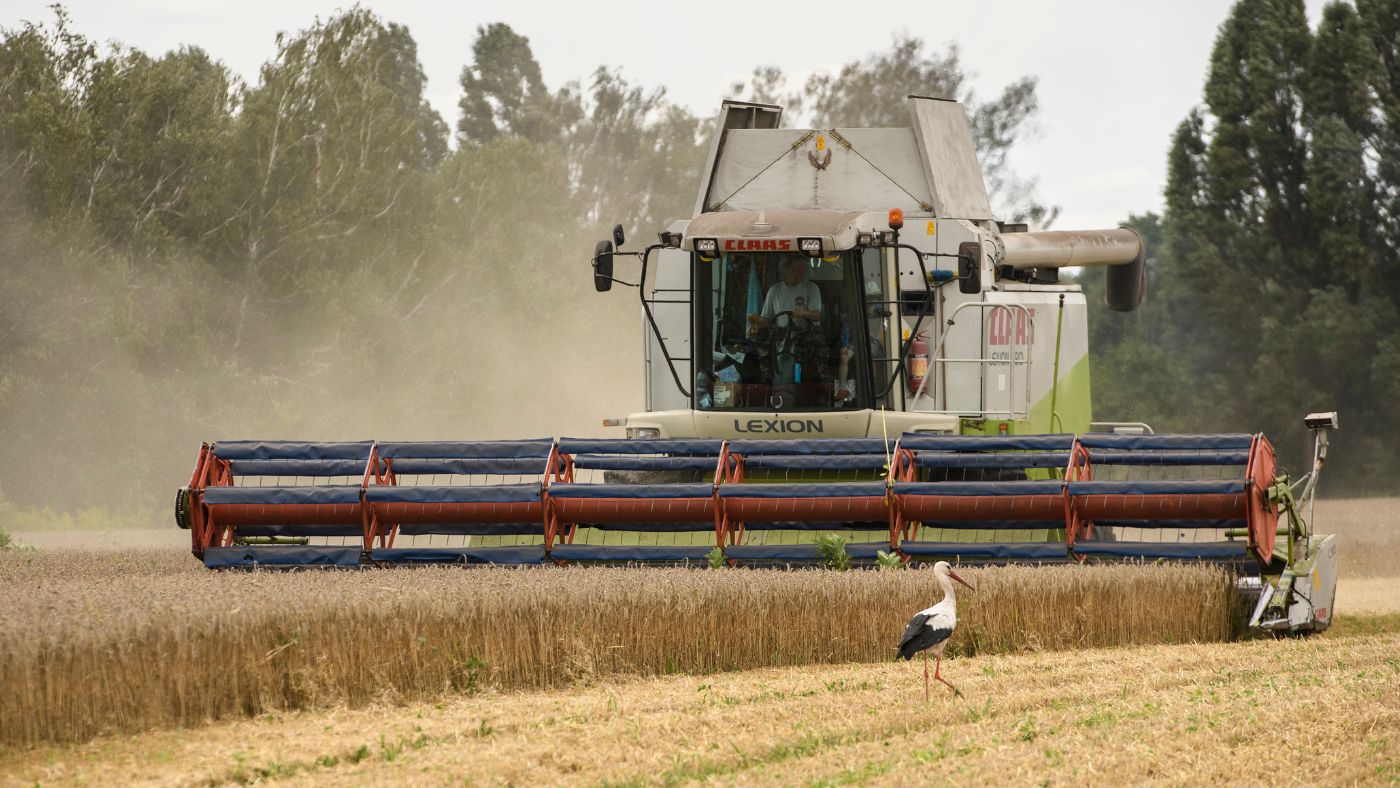 Ukrainian grain: rousing the fury of east Europe’s farmers
Ukrainian grain: rousing the fury of east Europe’s farmersfeature Three Eastern European countries have banned grain imports from the war-torn country
-
 Can unbuilding highways undo the legacy of racism?
Can unbuilding highways undo the legacy of racism?Speed Read Roads were built through Black and Latino neighborhoods. A new federal program may reverse those efforts.
-
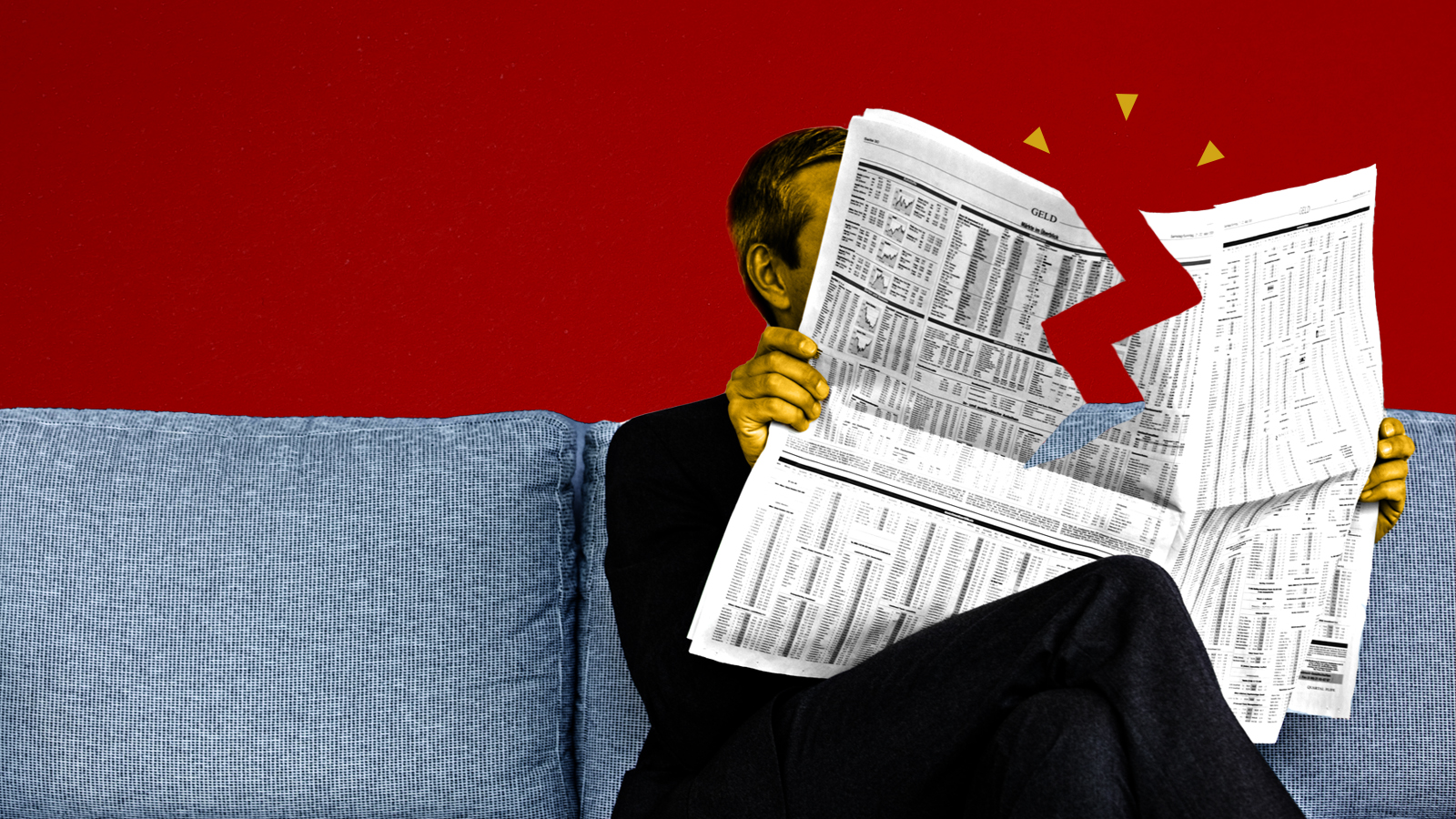 The Dilbert debate: Were newspapers right to 'cancel' the cartoon?
The Dilbert debate: Were newspapers right to 'cancel' the cartoon?Instant Opinion The sharpest opinions on the debate from around the web
-
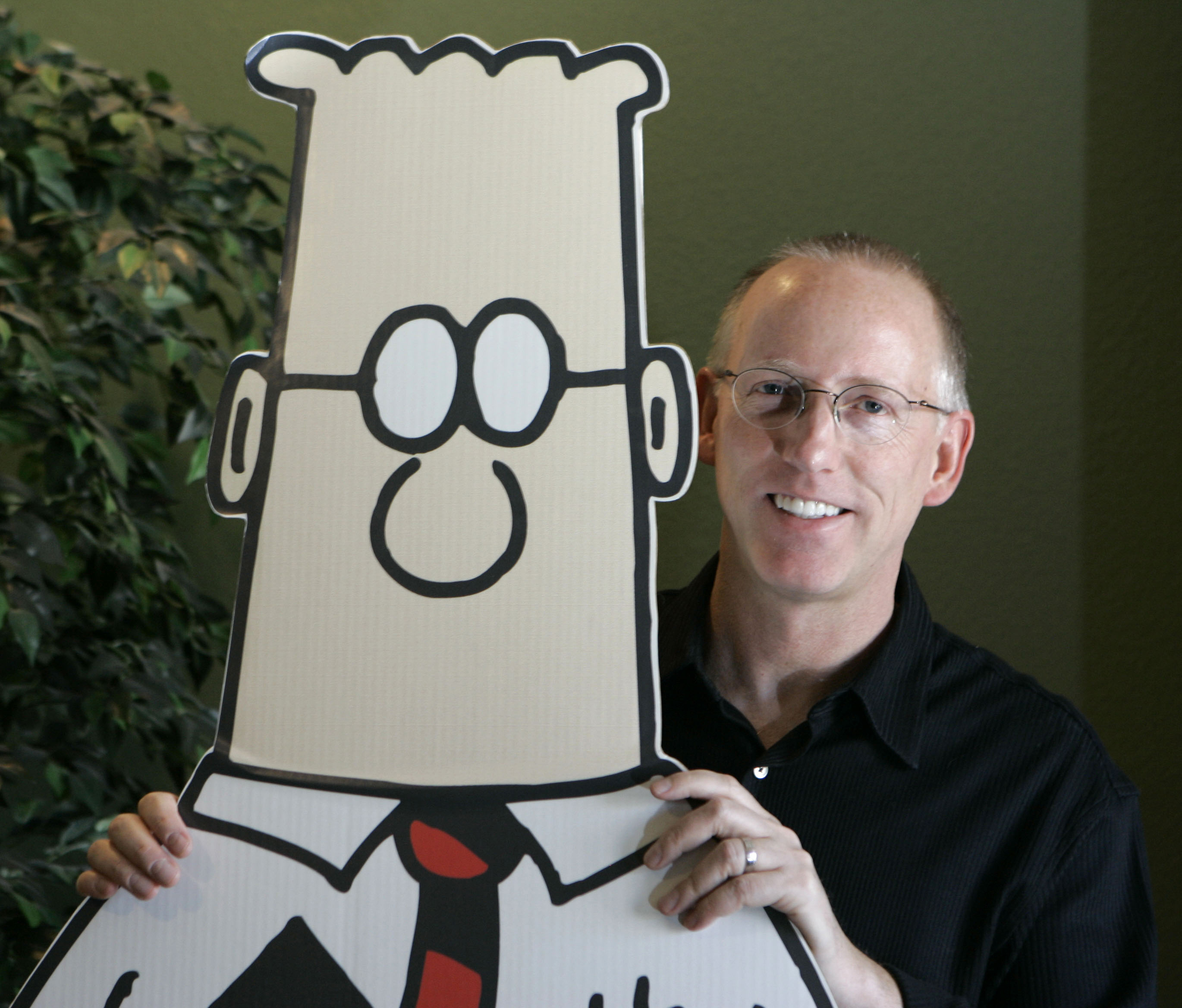 Newspapers drop Dilbert comic strip over creator's racist remarks
Newspapers drop Dilbert comic strip over creator's racist remarksSpeed Read